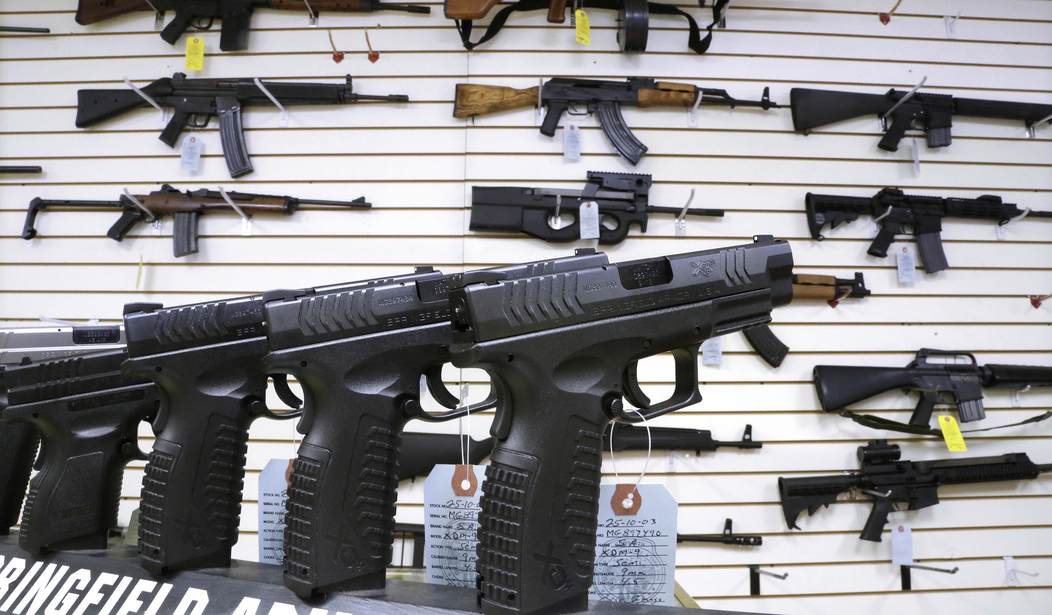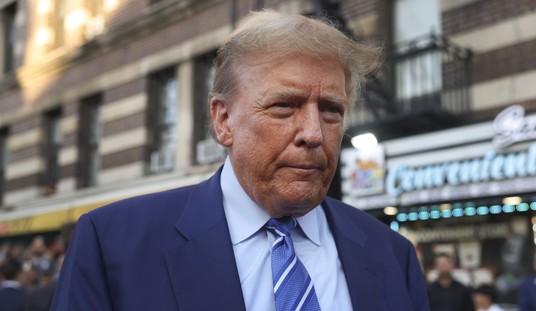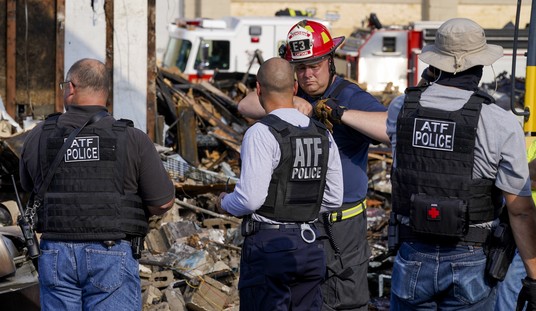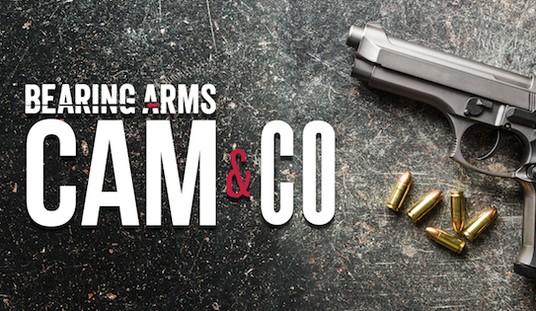The question of whether red flag laws work is one that we're probably not going to answer anytime soon.
For what it's worth, I honestly don't care if they did. My issue with them isn't predicated on whether they work or not but on the fact that they deprive people of their right to keep and bear arms without due process of law.
They keep dangerous people on the streets where they can still do horrible things to masses of people. They act like the gun is the problem, not the person.
But a lot of people do want to know if they work and are much more likely to support them if they do.
In the wake of Parkland, Florida--normally a very pro-gun state--enacted a red flag law. Now, the media is curious as to whether it's working.
But when it comes to whether the law is having a lasting impact on crime in Florida, the answer is elusive, partly because it’s not the only factor to consider.
According to the Centers for Disease Control, gun deaths in Florida rose from 12.9 per 100,000 in 2018 to 14.1 in 2023.
Overall, incidents described as “mass shootings” have declined in Florida, according to the Gun Violence Archive, a private nonprofit that analyzes news reports and law enforcement statistics. The GVA defines “mass shootings” as incidents in which a minimum of four people are shot, whether or not they die from their injuries.
“That is one way to look at it,” Guttenberg said. “Another way is to recognize that there are simply far more guns in Florida than there were five years ago.”
Guttenberg is far from the law’s only champion.
“There’s no question that it has prevented harm. No doubt in my mind,” said Pinellas County Sheriff Bob Gualtieri, who was chairman of the statewide Marjory Stoneman Douglas Safety Commission, which advocated for the law and other reforms since the shooting.
Here's the thing that's being missed: Gun Violence Archive doesn't count mass shootings the way most people do. Few of what they count as mass shootings are cases where anyone would have sought a red flag order in the first place, meaning the drop in such incidents isn't because of the law.
Most of these are gang-style incidents where someone takes revenge for something. That "something" could be anything from an insult on Facebook to the murder of a friend. What doesn't happen, though, is anyone report the potential problem to the police because the shooter isn't generally stupid enough to talk about his plans with people who might notify the authorities.
Yet here's a funny thing about red flag laws: When "gun deaths" drop--usually due to a drop in suicides--people tout the red flag law. When those go up but so-called mass shootings drop, people tout the red flag law.
When both go up, no one says crap.
As a result, you get one side of the story. You get the image of red flag laws being responsible for whatever is improving, all without any real evidence.
At best, what we have here is a correlation. Correlation, however, isn't causation. It's not actually proof of anything, especially when you can't look at GVA's mass shooting numbers and gain anything useful out of them.
"But they've saved lives!"
Have they? I'm doubtful because there's no evidence they've done any such thing. There might be the odd anecdote, but that's not evidence the law works. In fact, there really isn't any.
Which is fine by me because even if it were, I'd still have a problem with these laws.








Join the conversation as a VIP Member